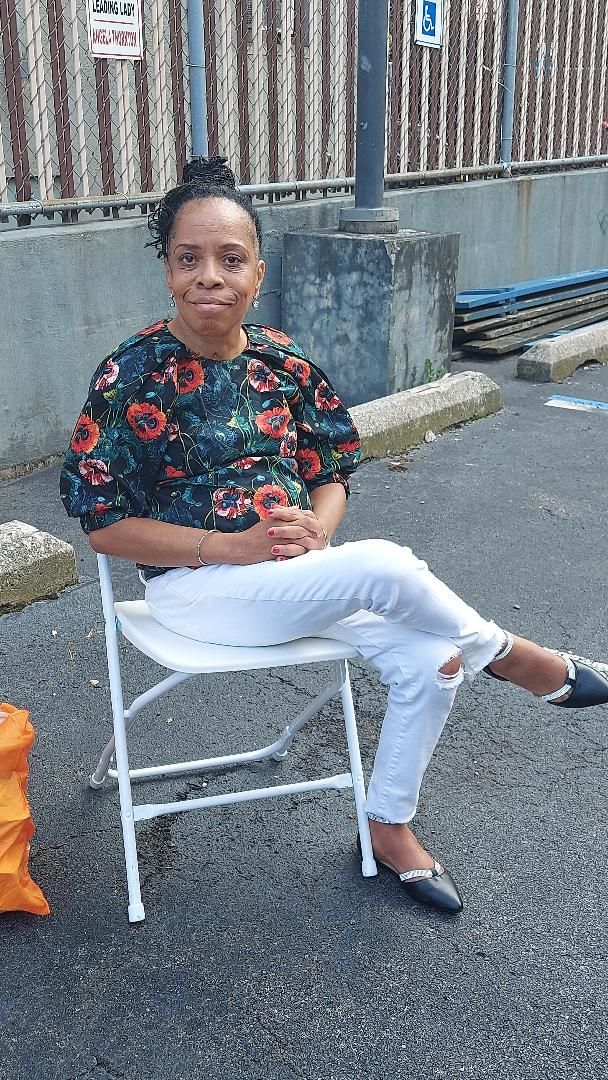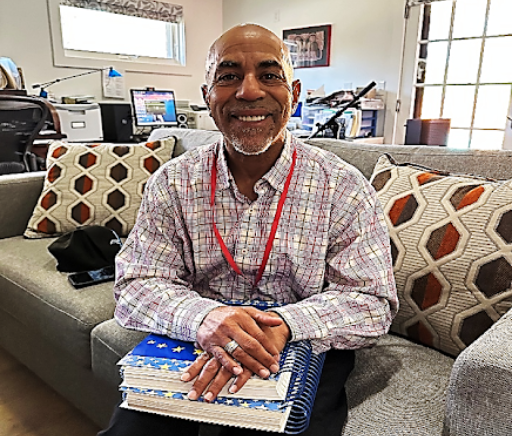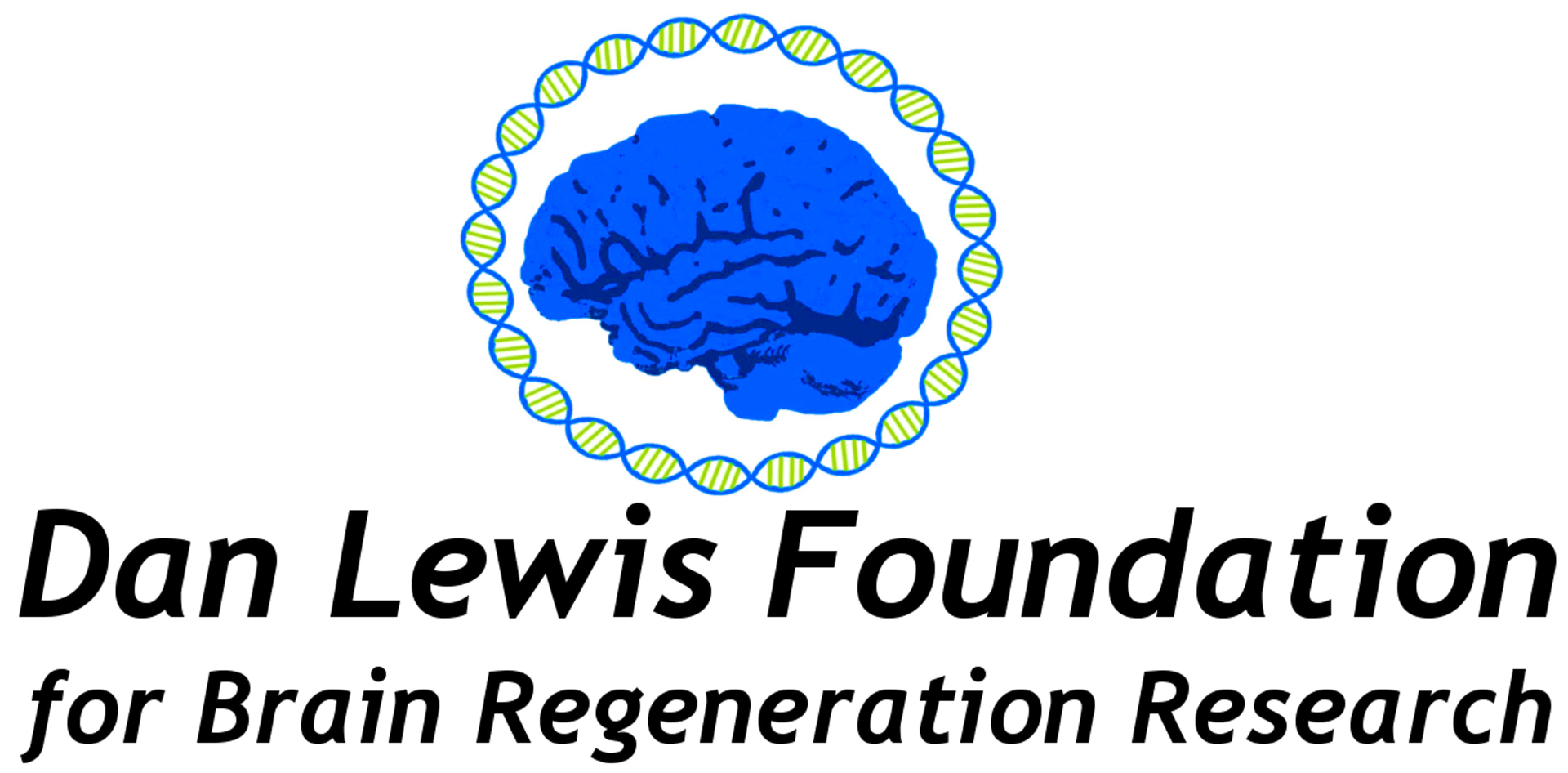Sheryl Suzanne Nibbs, a legal secretary in a top law firm, started the process of becoming a paralegal as she approached her 40th birthday. She was fancy in her appearance, always making sure her hair, nails, and clothing were in order, a well-kept person, an avid traveler, and her mother’s best friend. Sheryl celebrated her 40th birthday in December 2007. It was a grand celebration. Sheryl danced the night away with her family and friends. At the party, I recalled my sister stating, “I planned this party because I don’t know what next year holds, so I choose to celebrate my life today in great style.” Sheryl could not have known nor expected what the following year would hold.
On December 3, 2008, Sheryl planned to do something quiet for her 41st birthday, simply choosing to go out with friends.
A few days later, one of the coldest days in December 2008, Sheryl was scheduled for a laparoscopic procedure. Her surgery was supposed to be a simple outpatient procedure. Sheryl arrived home several hours after the routine procedure. Unfortunately, the nightmare that eventually led to Sheryl’s traumatic brain injury was just about to unfold. Sheryl started experiencing excruciating pain and was rushed to the hospital. On Thursday, December 8, 2008, the family learned that she had a perforated bowel. Her diagnosis led to emergency surgery to repair her perforated bowel.

The surgery was deemed successful, but while in recovery, her blood pressure dropped dramatically, and she experienced cardiac arrest. Sheryl sustained a traumatic brain injury during this event. Little did we know, my sister, as we knew her, would be no more. The person we once knew was gone. Everything about Sheryl’s life changed: her appearance, her gait, and most of all, her memory. My sister’s life, what we once considered “normal,” was gone. She was no longer looking forward to going to the job that she loved, running around shopping, dancing, and continuing the life she had built for herself. Sheryl’s family’s life changed as well. Our family was challenged with medical and rehabilitation challenges and obtaining guardianship through court appearances and dealing with multiple lawyers. It was a nightmare!
Today, 16 years later, Sheryl’s sister, brother, and nephew remain her backbone. She requires 24-hour care and has several caregivers because her cognitive skills are minimal. We try our best to keep her active. She attends social events; we take her on day trips during the summer and spend time as a family. It’s a difficult situation to see your loved one change in an instant. She might be different in appearance and abilities, but she is our sister, and we are grateful she is here with us. Our experience and the change required from all family members is difficult to understand, except for those who live it.
Authored by Janice Nibbs, sister of Sheryl Nibbs


